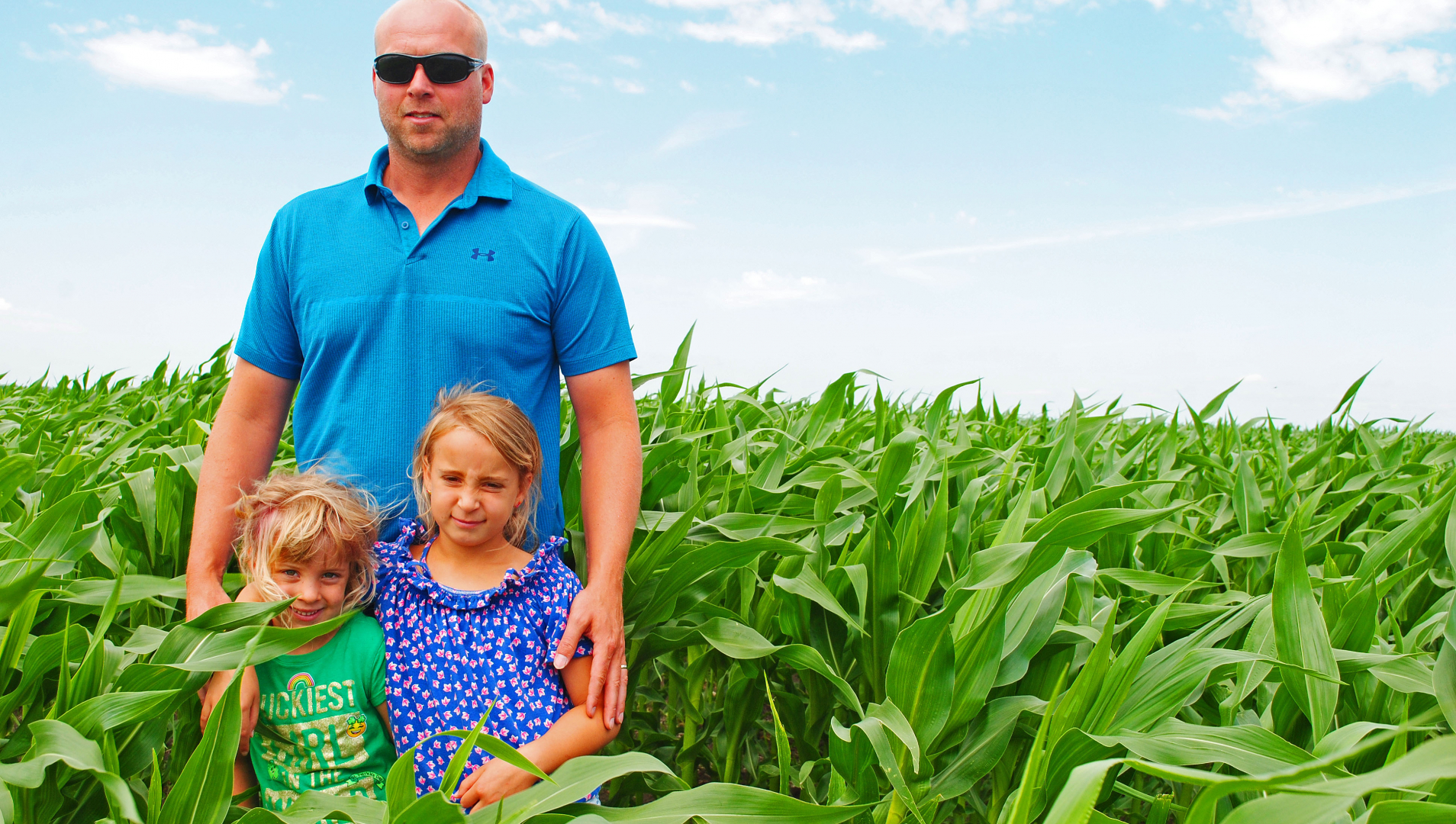Producers yield connections through social media
June 23, 2020
Social media is gaining prominence among farmers, offering a medium for connecting with fellow producers that J&L Seeds owner Jamie Hodson said is “slowly coming to fruition.”
Operating out of a relatively close-knit region in the Lenore and Kenton area northeast of Virden, Hodson said that word of mouth is still the means of communication he relies on the most. Even so, he added, there are strengths in using social media.
You can usually ask a question on Twitter and get an answer pretty quick,” he said. “That’s always been there to a degree, but there wasn’t a platform for it, and sometimes when you’re face-to-face in a peer group, you’re too scared to ask those questions.
Rather than operate within their silos, he said it’s beneficial when farmers open up on social media to respond to questions and offer personal insights, particularly given how specialized agriculture has become in recent decades. This is of particular importance to Hodson, whose company J&L Seeds started out in early 2018.
Coming off a successful pro hockey career, Hodson said it was time he got back into agriculture on a more permanent basis. Recognizing that he had a lot more to learn to find success in the industry, he enrolled in Assiniboine Community College’s Agribusiness program in 2009, graduating two years later.
“You’ve got to learn to be a professional in any line of work, so I think it helped me to communicate with people and all those intangibles. We took the winding road to get back to our own operation, but it was well worth our family’s commitment to get to where we are today,” he said.
Starting his post-graduate career with John Deere in Steinbach, he soon relocated to Saskatchewan where he managed a large grain farm while helping coach the Moose Jaw Warriors.
Seeking a more independent and flexible life with his wife Lindsey and their four children, Hodson decided to relocate to Virden three years ago to start their own business near where he grew up. They now farm full-time, with a grain and cattle operation diversifying their economic footprint alongside their seed sales and work with Taurus Ag Marketing, through which they sell foliar, inoculants and other products, which Hodson said go hand-in-hand with their seed sales. They also offer Imperial Seed & Forage products.
Hodson continues to keep his hand in the hockey community, working closely with the Virden Oil Capitals of the MJHL. Lindsey takes care of most of the business bookkeeping and also has her own personal training business, LH Personal Training.
As a relatively new start-up, Hodson said that marketing J&L Seeds is always top of mind. Growing from a few customers when they first started out to more than 20 in 2019, things have been picking up quickly. Social media is more about “soft-selling” than anything else, he said, adding that a lot of it comes down to posting pictures and updates of their crops and family.
“We’re in the area, and we’re growing these products right next to our customers, so we don’t just sell it, we’re physically growing it ourselves and doing the trials ourselves with our customers,” he said, adding that their social media presence makes all of this real for their customers.
Fellow Assiniboine Agribusiness graduate Simon Ellis, whose Wawanesa-based family business, Ellis Seeds, dates back to the 1920s, said that he has recently started dabbling in social media.
“Our customer base isn’t necessarily on social media enough to be putting too much time into it, but brand awareness is what we’re pushing for,” he said. For Ellis, Twitter is more of a tool for asking other farmers questions than it is for marketing. Rather than restrict one’s self to insight from farmers within their immediate area, he said that Twitter allows him to seek advice from farmers worldwide.
“It’s opened up our worldview and access to information.”
Facebook is more targeted, he said, and allows them to share their story with their core customer base without having to worry as much about naysayers. Despite the occasional backlash, he said that social media has proven useful in getting the realities of agriculture out there, straight from farmers themselves. This, he added, is of particular importance during an age in which technological advances like GMOs attract criticism.
“I think it’s good to talk about it and make sure that we’re doing it for the right reasons, but I think there are enough answers to know that it’s safe.”
No matter what debate comes up in the future as agriculture walks hand in hand with technology, Ellis said that farmers’ connection with one another — bolstered by communication tools such as social media — will remain important as they consult with one another on what they’re up to, what works and what doesn’t.
“It’s constantly evolving, so if we can use social media to our advantage to communicate with people and use the internet as a resource, it’ll keep us up with everything and on the pulse of everything,” he said.
“It’s a matter of making sure that we are responsible and doing our part.”




